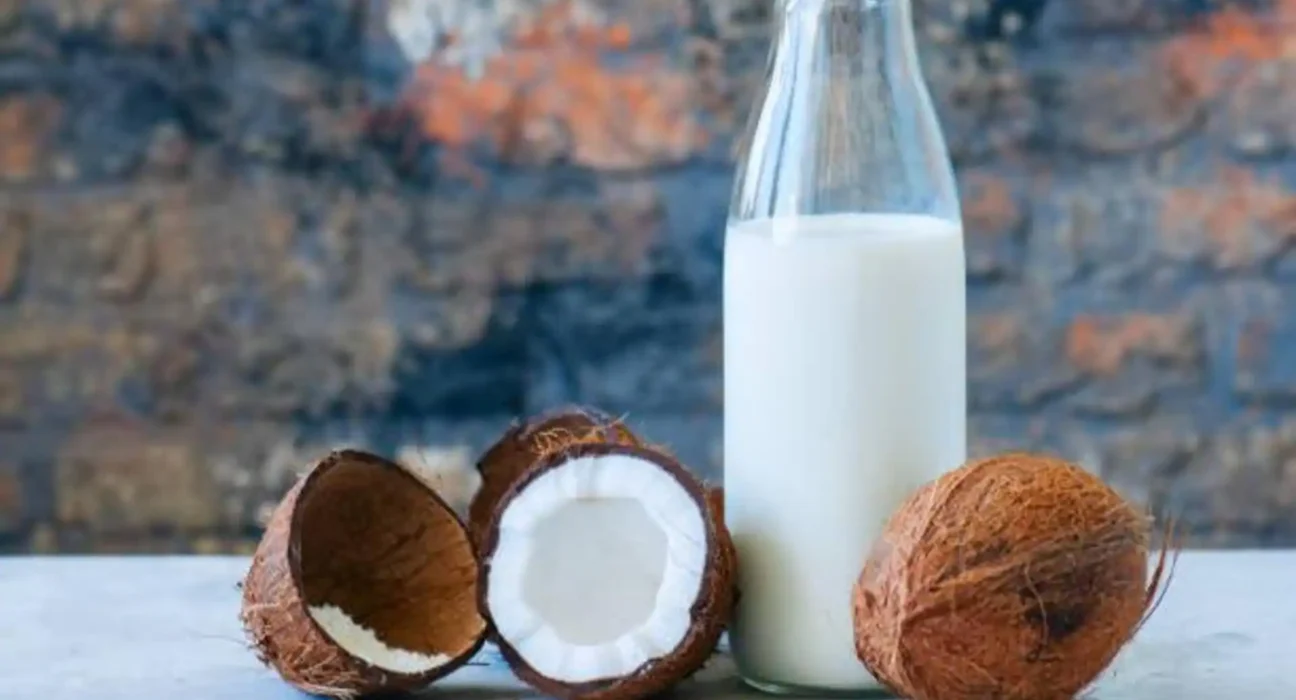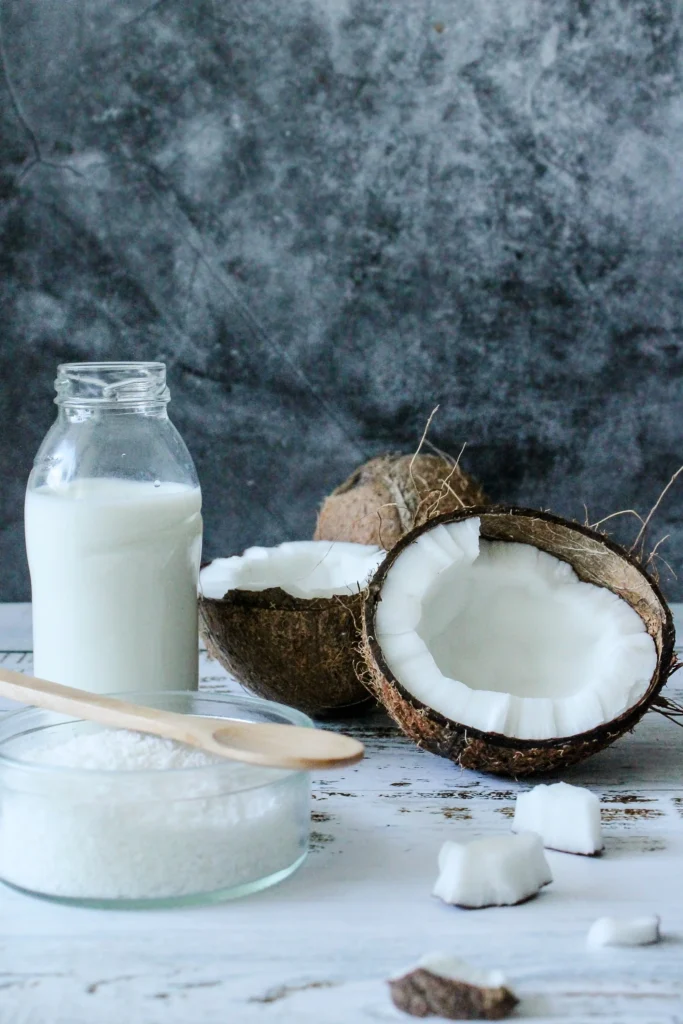Coconut milk’s effects on heart health, HDL, and LDL cholesterol

Coconut Milk’s Effects on Heart Health, HDL, and LDL Cholesterol
Coconut milk has become increasingly popular in recent years as a creamy, plant-based alternative to dairy milk. Found in smoothies, curries, and coffee drinks, it’s loved for its rich flavor and velvety texture. But as delicious as it is, there’s an ongoing debate about its effects on heart health—especially when it comes to cholesterol levels. Does coconut milk raise LDL (the “bad” cholesterol) or support HDL (the “good” cholesterol)? Let’s take a closer look at what the research says and how this tropical milk impacts your heart.
Understanding Coconut Milk and Its Composition

Coconut milk is made by grating the white flesh of mature coconuts and blending it with water. The resulting liquid contains a mix of fats, water, and nutrients such as manganese, copper, and iron. Unlike almond or oat milk, coconut milk is naturally high in saturated fat—specifically, medium-chain triglycerides (MCTs). These fats are metabolized differently than the long-chain fatty acids found in animal fats, which gives coconut milk some unique health properties.
About 90% of the fat in coconut milk is saturated, and roughly half of that comes from lauric acid, a type of MCT. Lauric acid is known to raise both LDL and HDL cholesterol levels, leading to a complex relationship between coconut milk and cardiovascular health.
The Good: HDL Cholesterol and Heart Protection
HDL, or high-density lipoprotein cholesterol, plays a protective role in the body by transporting excess cholesterol from the arteries to the liver, where it can be processed and removed. Higher HDL levels are generally associated with a reduced risk of heart disease.
Several studies have found that coconut fat can significantly increase HDL levels. This means that moderate consumption of coconut milk may improve the HDL-to-LDL ratio, an important marker for cardiovascular risk. Lauric acid appears to promote HDL production more effectively than the long-chain saturated fats found in butter or red meat. As a result, people who consume coconut milk in moderation may see an improvement in their lipid profile.
The Concern: LDL Cholesterol and Arterial Health
On the other hand, LDL (low-density lipoprotein) cholesterol is known as “bad” cholesterol because it can build up in the walls of arteries, forming plaques that narrow blood flow and increase the risk of heart attack or stroke. While coconut milk raises HDL, it also tends to raise LDL levels—sometimes quite significantly.
The key question is: does the increase in HDL offset the rise in LDL? The answer is nuanced. Some research suggests that the overall ratio between total cholesterol and HDL matters more than absolute LDL levels. If HDL rises enough, the net effect may not be harmful. However, people with high cholesterol or existing heart disease risk should approach coconut milk cautiously.
Comparing Coconut Milk to Other Fats
When comparing coconut milk to dairy cream or butter, it tends to have a more favorable effect on cholesterol. However, it’s still not as heart-healthy as unsaturated plant oils like olive or canola oil. Replacing coconut milk with these oils has been shown to lower LDL and reduce cardiovascular risk. That said, in small amounts, coconut milk can fit into a balanced diet—especially when replacing less healthy animal fats.
For individuals following vegan, lactose-free, or paleo diets, coconut milk can be a satisfying substitute, providing richness without dairy. The key is portion control: using a few tablespoons in a smoothie or curry is far different from consuming a cup daily.
Practical Tips for Heart-Healthy Use
If you enjoy coconut milk, choose the unsweetened variety and avoid products with added sugars or hydrogenated oils. Light coconut milk, which contains less fat, can also be a better choice for regular use. Combining coconut milk with fiber-rich foods like fruits, vegetables, and whole grains can help balance its effects on cholesterol.

As with most foods, moderation is essential. A few servings per week can add flavor and nutrients without posing significant heart risks. For those managing cholesterol levels, it’s wise to monitor lipid profiles and consult a healthcare provider before making coconut milk a dietary staple.
The Bottom Line
Coconut milk offers both benefits and drawbacks when it comes to heart health. It can raise HDL cholesterol, which helps protect the cardiovascular system, but it may also elevate LDL levels in some people. The net effect depends on your overall diet and lifestyle.
Used occasionally and thoughtfully, coconut milk can be part of a heart-conscious diet. But if heart health is your top priority, balance it with foods rich in unsaturated fats, fiber, and antioxidants. In the end, coconut milk is best enjoyed as a flavorful accent—not the main ingredient—in your recipe for long-term wellness.









